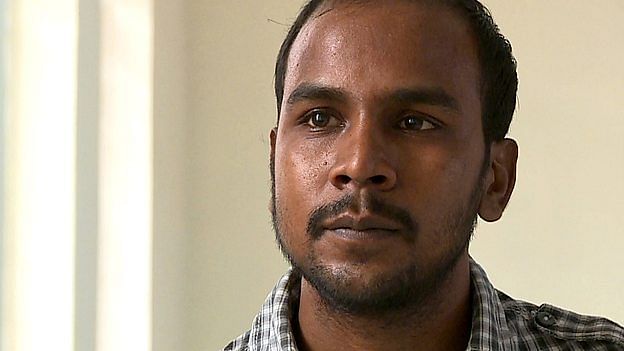‘India’s Daughter’ Banned: But On Weak Legal Grounds?
The establishment clamps down on ‘India’s Daughter’ with both government and judiciary stepping in. But what is the legal basis for the ban on this documentary?
Government and judicial authorities today took steps to stop the telecast of the controversial documentary - India’s Daughter - on the 2012 Delhi gangrape incident. The documentary was scheduled to air on 8th March to coincide with International Women’s Day.

An interview with death row convict Mukesh Singh in the documentary by British film-maker Leslee Udwin has specifically angered many people.
Delhi Police registered an FIR in the case while Union Home Ministry asked BBC, External Affairs and Information and Broadcasting Ministries and Department of Information Technology (IT) to ensure it is not broadcast.
Meanwhile, a Delhi court continued the order restraining airing or broadcasting Mukesh Singh’s interview.
According to PTI, the Home Ministry is also planning legal action against Leslee Udwin for allegedly violating stipulated permission conditions even as a “stunned” Home Minister Rajnath Singh said provisions for allowing such shoots inside jails would be reviewed.
The legal grounds for and against the airing of ‘India’s Daughter’ have been extensively debated both inside the court and in the public domain.
In the famous Bandit Queen case judgement, the Supreme Court had observed,
“A film that illustrates the consequences of a social evil necessarily must show that social evil. The guidelines must be interpreted in that light. No film that extols the social evil or encourages it is permissible, but a film that carries the message that the social evil is evil cannot be made impermissible on the ground that it depicts the social evil.”
Death-row convicts have been interviewed in prison before, Billa-Ranga and Afzal Guru being notable examples. In Billa and Ranga’s case, it was Supreme Court that gave the go ahead.
Colin Gonsalves, Founder Director of Human Rights Law Network, tells Newslaundry.com,
“There is no law that states a journalist cannot interview a convict or an accused as long as it is voluntary and backed by legal advice. The prisoner being interviewed should have complete understanding of the implication of the press interaction and there should be no problem as long as he or she is not being trapped into an interview.”
In DNA, criminal law litigator Amba Salelkar writes,
“(Freedom of press) cannot override the due process rights which have been accorded to an accused in a criminal trial. Perhaps the damage has already been done in this case, but one hopes that the ban on the film will result in a renewed interest in protection of these rights in the digital media age, without, of course, undue fetters on the freedom of expression of the press.”
Senior Advocate Sanjay Hegde tweeted,
(With PTI Inputs)
(At The Quint, we are answerable only to our audience. Play an active role in shaping our journalism by becoming a member. Because the truth is worth it.)